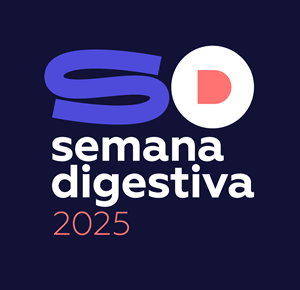Objective:Description of outcomes from a Portuguese medical center and comparison with international studies. Analysis of possible risk factors influencing outcomes.Methods: Retrospective single center review, using our prospectively collected database, including patients with resections larger than 10 cm by ESD at our center, between January 2016 and December 2021. Clinical, procedural and pathological data were collected and analyzed.Results: The study included 17 resections (2 gastric; 15 coloretal), with a mean diameter of 139,6 mm (range 105-270), corresponding to lesions of 125,2 mm (range 87-238). The overall en bloc resection rate was 94.1% (n=16), with one piecemeal case resulting from fragmentation during extraction. According to ESGE criteria, procedure was considered curative in 47.1% (n=8), non-curative with high risk in 23.5% (n=4) and with local-risk recurrence in 29.4% (n=5). Adverse events occurred in 47.1% (n=8): 2 minor perforations and 6 delayed stenosis, all conservatively or endoscopically managed. Just surveillance was performed in 6 cases of non-curative resection (5 high local-risk and 1 high risk). Surgery was performed in 2 patients and chemoradiation adjuvant therapy in 1, because of high risk non-curative resections. Follow-up (mean 16 months) demonstrated a recurrence rate of 0%. Regression analysis revealed tumor size as a risk factor for perforation (p-value 0.007) and involvement of >75% of the circumference as a risk factor for stenosis (p-value 0.008).Conclusions:Although challenging, ESD for giant lesions seems effective and safe, despite the high rate of complications (namely delayed stenosis), which were all conservatively or endoscopically treated.

 Semana Digestiva 2025 | Todos os direitos reservados
Semana Digestiva 2025 | Todos os direitos reservados